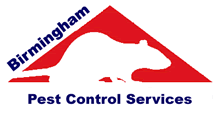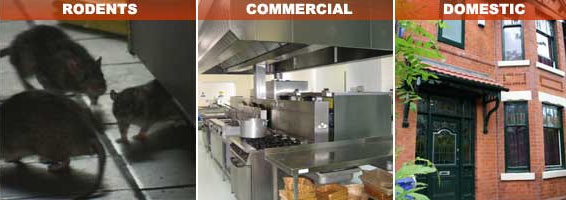In the UK, Moles are classed as a major agricultural and horticultural pest. It is estimated that Moles alone will cause millions of pounds worth of damage to agricultural and horticultural land each year. Despite this they are either protected or not regarded as pests across much of Europe.
The main problem Moles cause in agriculture is that the soil that they push to the surface can contaminate silage making it unpalatable, exposed stones from their hills can cause damage to machinery, also the fresh soil from their hills can cause an invasion of weeds reducing crop yields.
It is unlikely that you will see moles as they rarely come above ground, but take care if you trap a live mole as they have very sharp teeth and will bite. Instead, the first sign of a mole problem will be several mole hills or mole ‘ridges’ caused by tunnelling.
The mole digs two types of tunnel:
- Shallow tunnels just below the surface of the ground, as they search for food. These can be seen as a raised ridge in a lawn or flower bed.
- Deep mole tunnels are 10 to 40cm underground. The tunnels cannot be seen, but mole hills are caused by the soil being cleared as the mole digs. Moles will line areas of tunnel with grass and leaves to create nests.
Moles feed on worms but supplement them with insects and their larvae. Moles have a poor metabolism and have to eat their weight in food every day, which can deplete the soil of worms. Since moles cannot put on body fat, they have to eat throughout the winter and do not hibernate. As a result, they are most active in the autumn and early spring.
Domestically and horticulturally, moles can cause damage to young plants by disturbing and exposing the root system causing them to dry out, wither and die. Mole hills also cause an invasion of weeds into areas where soil has been exposed, and their hills are often regarded as unsightly.
TREATMENT & CONTROL
In our experience, trapping and fumigation are the only reliable solutions to a mole problem. When undertaking a trapping programme, as many traps as necessary are set in areas where Moles are showing recent activity.
Where still available and with licence, strychnine can be used, as can the gassing compound, Aluminium Phosphide (both professionally qualified users only). Much mole work is done using a variety of traps from barrel and scissor traps to the new and highly effective talpex style.
Birmingham Pest Control Service covers Birmingham, West Midlands and Sutton Coldfield.
At Birmingham Pest Control , we pride our selves on our complete privacy and discretion. Unlike major organisations, all our vehicles are unmarked for your discretion.
At Birmingham Pest Control we offer complete discretion on our service
Contact us on: 0121 450 97840121 450 9784 or for information on our pest control service.
E:info@pestcontrolserviceswestmidlands.co.uk




